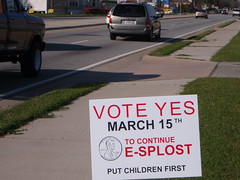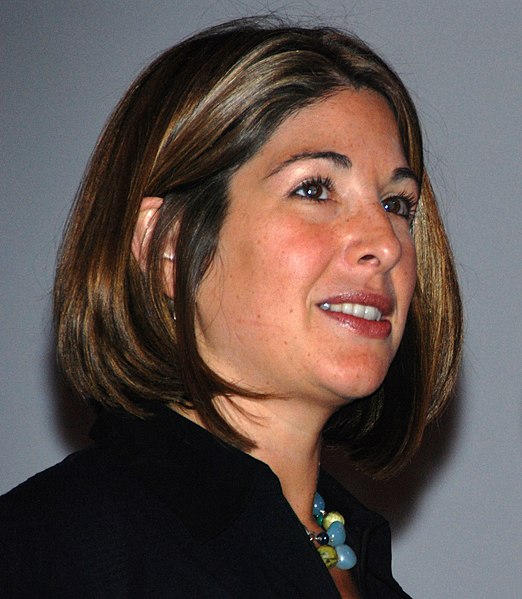 Wiregrass Technical College wants to expand onto some land owned
by the Industrial Authority, using
SPLOST funds.
Wiregrass Technical College wants to expand onto some land owned
by the Industrial Authority, using
SPLOST funds.
Chairman Jerry Jennett:
The point is they’re landlocked.More transcription after the video:And so what you want to do is you want to take what your tract is now and have the ability to expand your building in the future. You want to move your training facility now and….
Norman Bennett, Roy Copeland, Tom Call, Mary Gooding, Jerry Jennett chairman,
J. Stephen Gupton attorney, Brad Lofton Executive Director,
Allan Ricketts Program Manager, 15 March 2011.
Videos by John S. Quarterman for LAKE, the Lowndes Area Knowledge Exchange.
Roy Copeland: Continue reading



 This is significant money: not more than $165 million dollars over five years,
$94,875,000 for Lowndes County schools, and $70,125,000 for Valdosta schools.
There are only two main ways of raising money for public schools:
sales taxes, or property taxes.
The local school boards use both.
This is the sales tax part.
This is significant money: not more than $165 million dollars over five years,
$94,875,000 for Lowndes County schools, and $70,125,000 for Valdosta schools.
There are only two main ways of raising money for public schools:
sales taxes, or property taxes.
The local school boards use both.
This is the sales tax part.

